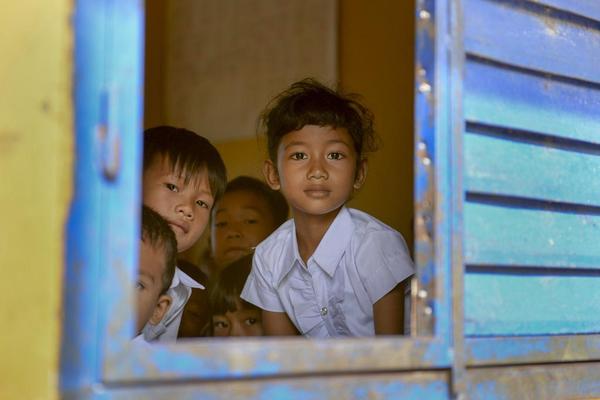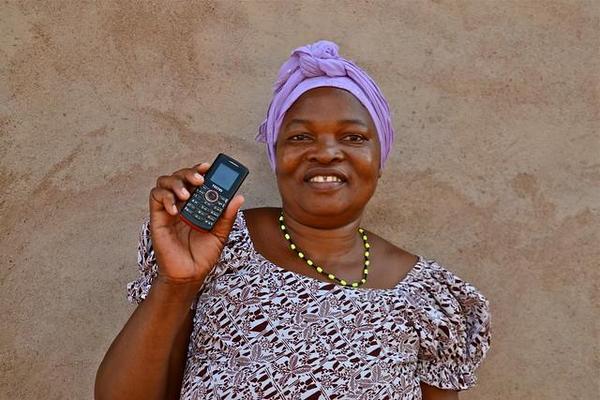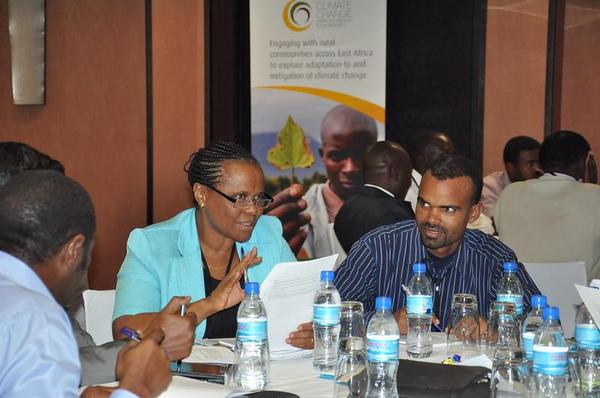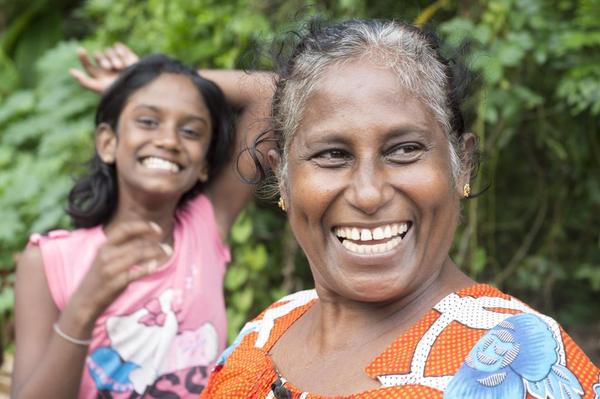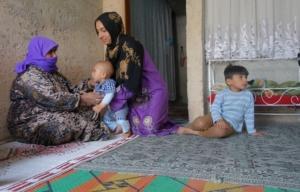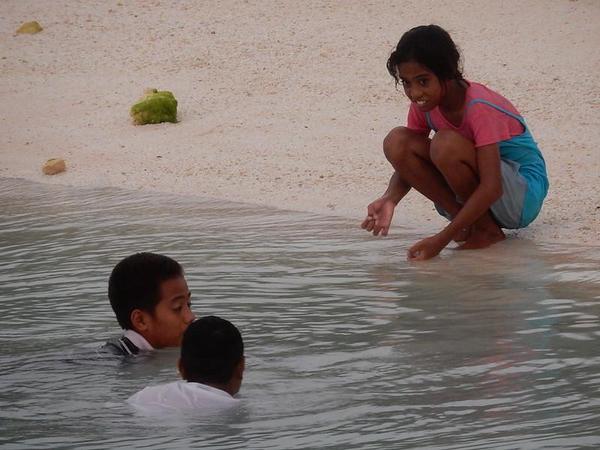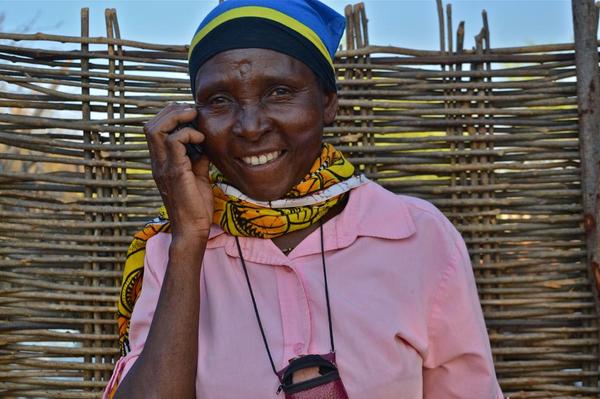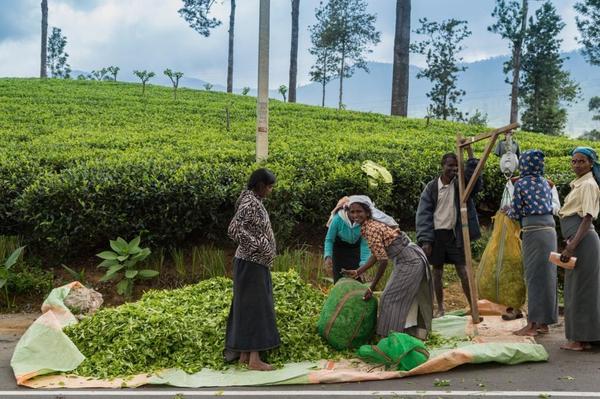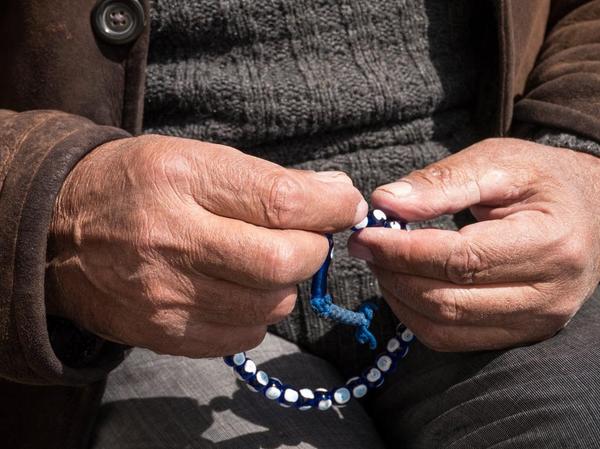The Borgen Project
•
10 August 2020
5 Important Facts About Healthcare in Tuvalu
Tuvalu, formerly known as Ellice Islands, is the fourth-smallest country in the world. The nation consists of nine islands and is home to approximately 11,508 people. In comparison to its size, the country is overpopulated which places a burden on the country’s resources. Despite this obstacle, the country is making massive strides to provide its citizens with accessible healthcare. Here are five facts about healthcare in Tuvalu.
• Healthcare in Tuvalu is free and government-funded. Tuvaluans ar



